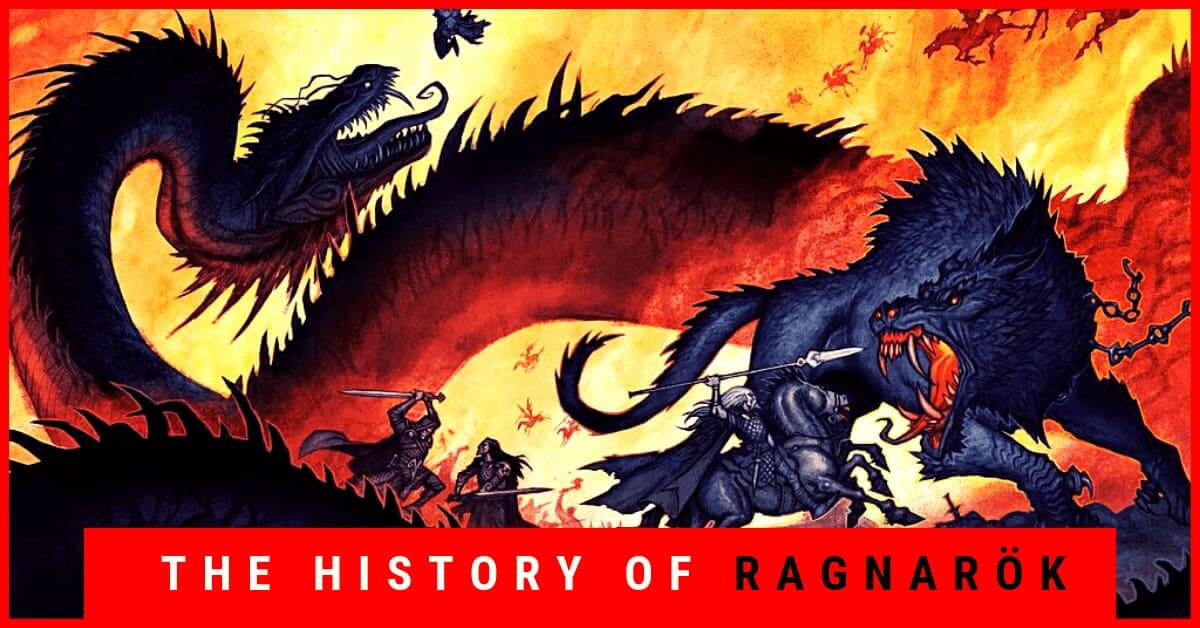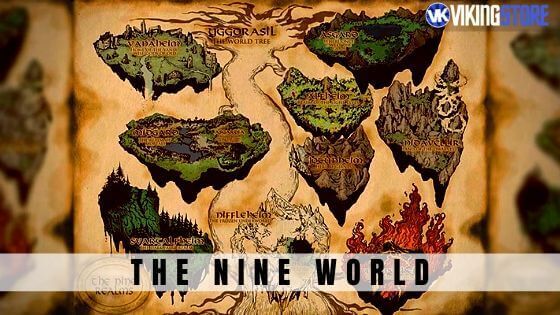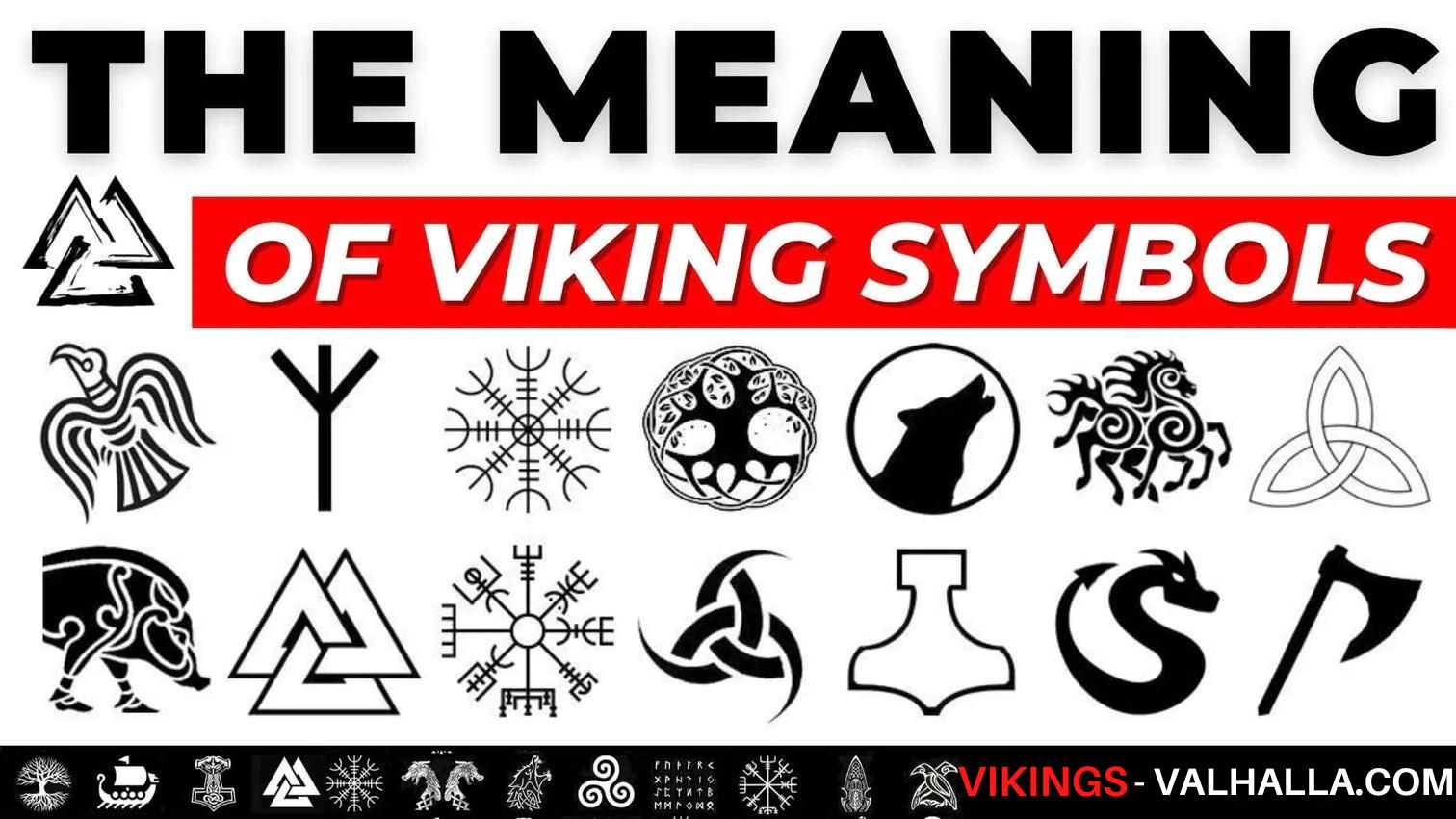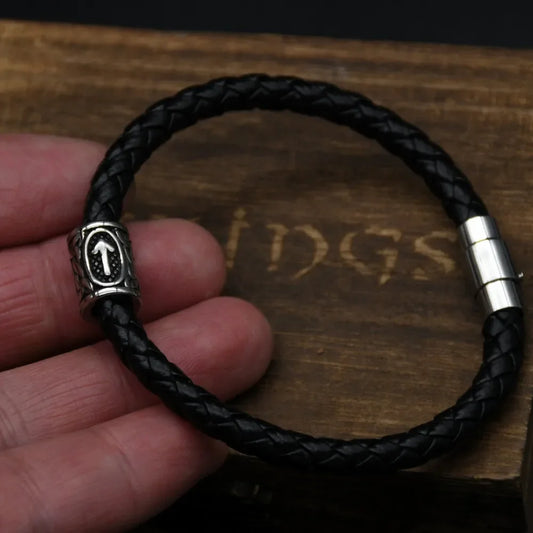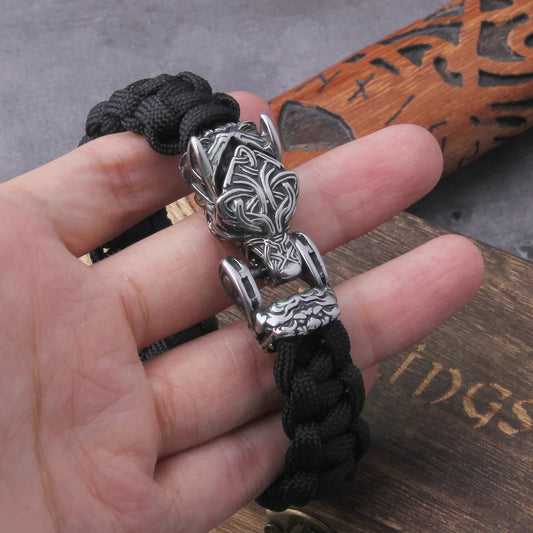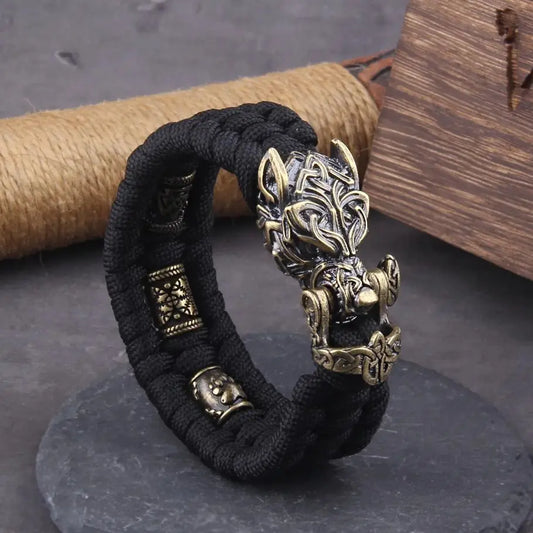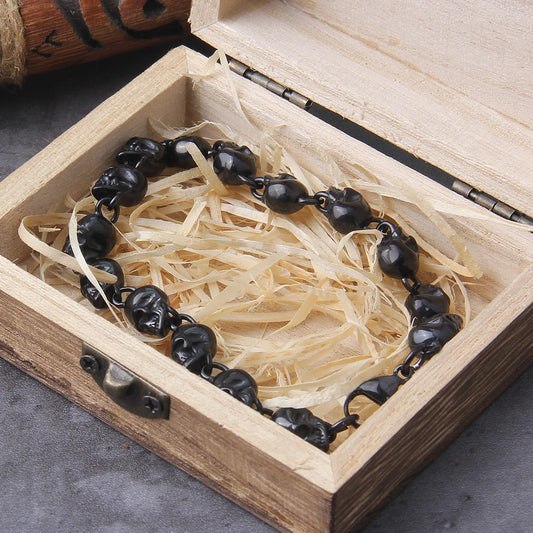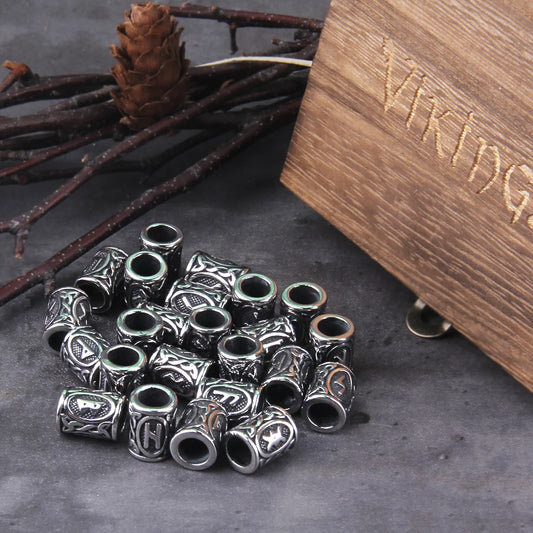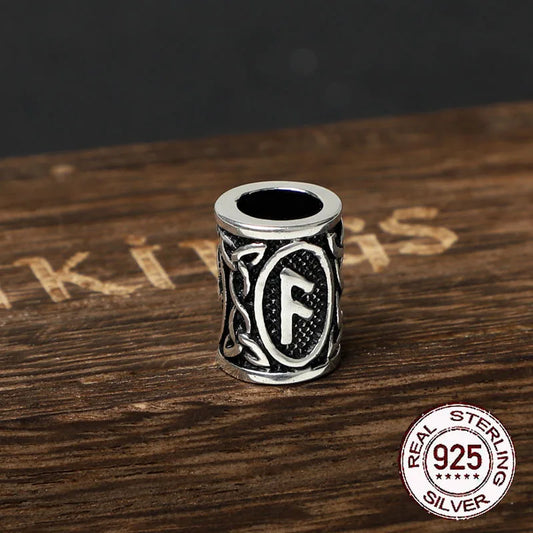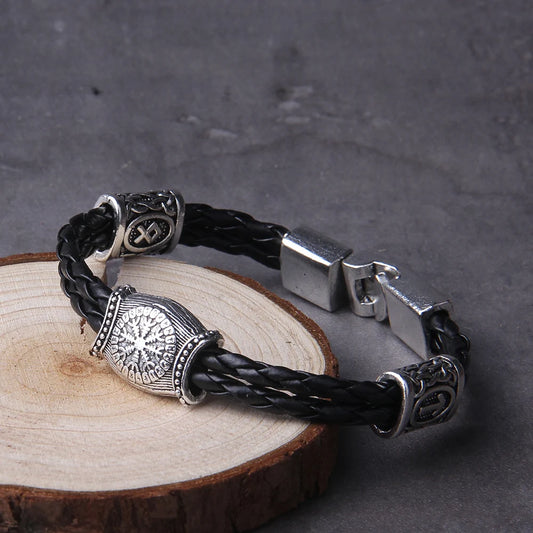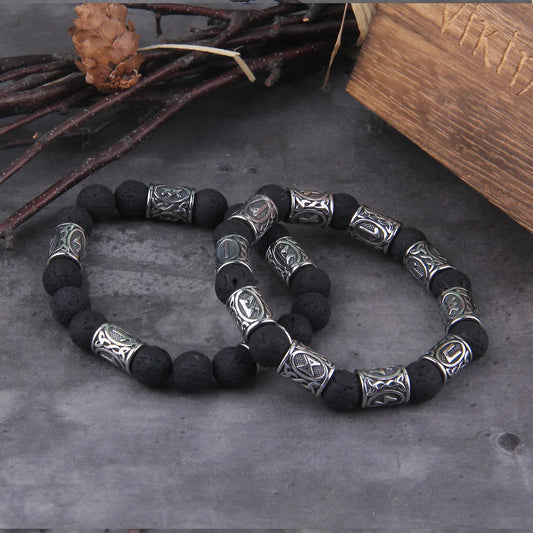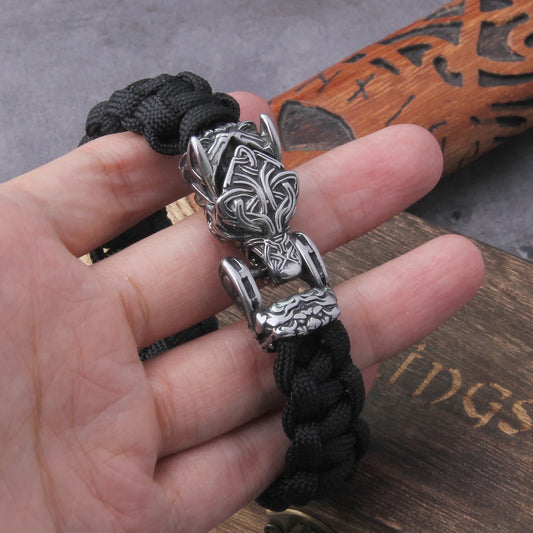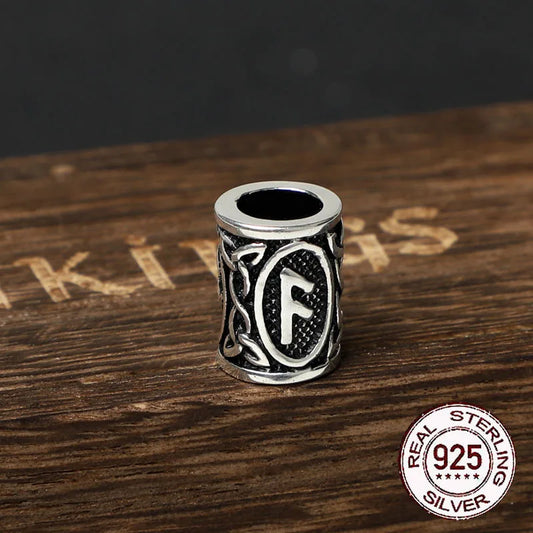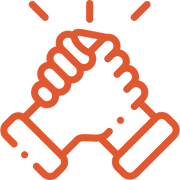Nidhogg, is a serpent dragon in Norse mythology that lives at the bottom of the world tree Yggdrasil and torments the dead.
According to the poem Grímnismál, Nidhogg is one of the animals on the world tree Yggdrasil. On the one hand, he damages the tree down there by the trunk or the roots, and on the other hand, he receives the words that the squirrel Ratatöskr delivers to him from the eagle that sits in the crown at the other end of the tree.
The Prose Edda expands on this description, adding that Nidhogg lives, along with many serpents, in the spring Hvergelmir, located in Niflheim under the third root of the World Tree. From there he gnaws at the root of Yggdrasil.
In contrast to the Grímnismál, the Prose Edda also has the squirrel deliver messages from Nidhogg to the eagle and evaluates their dialogue as an exchange of spite.
In the Völuspá, however, Nidhogg is not mentioned at all at the world tree, but only at Ragnarök, in which he torments humans accused of murder and adultery at the beach of the dead "Nastrand".
After Ragnarök is over, Nidhogg embeds the corpses in his wings and ascends with them from the underworld mountain Nidafjöll, then descends with them. Where he flies with them remains open. The nature of Nidhoggr is described only here, namely as a snake and at the same time as a dragon.
In the Prose Edda a different version of this passage of the Völuspá is quoted. With the consequence that Nidhogg does not devour or tear anyone in the Ragnarök, but only stays after the Ragnarök in the spring Hvergelmir and tortures the dead there. The Prose Edda reports nothing about Nidhogg's flight or his nature.
Etymology of Nidhogg
In Old Norse standardization, the name is spelled orthographically Níðhǫggr or Niðhǫggr, but the letter ǫ is often replaced by modern Icelandic ö for reasons of familiarity or technical convenience.
The name may be rendered in English texts with i for í; th, d or (rarely) dh for ð; or for ǫ and optionally without r as in modern Scandinavian reflexes.
The modern Icelandic form Níðhöggur is also sometimes seen, with special characters or similarly Anglicized. The Danish forms Nidhug and Nidhøg can also be found; or Norwegian Nidhogg and Swedish Nidhögg.
While the suffix -höggr, clearly means "beater", the prefix is not so clear. In particular, the length of the first vowel is not determined in the original sources. Some scholars prefer the reading Niðhöggr (Night Striker).


